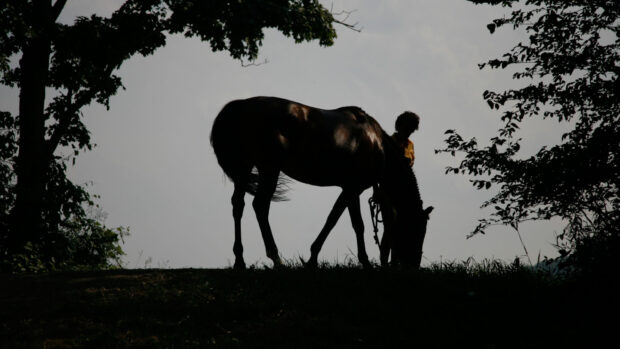The International Equestrian Federation (FEI) has named the committee who will be responsible for reviewing its anti-doping and medication controls.
The recent string of high-profile cases, where four Olympic horses have tested positive for banned substances, has highlighted the inadequacy of current FEI rules, which don’t allow the federation to take any action until lengthy testing and legal procedures are completed.
In a bid to curb the misuse of drugs, the bureau decided last month to set up a task force that would review its policies on the matter. “The FEI is particularly disturbed about the current situation, as it reflects so badly on equestrian sport,” FEI President, the Infanta Doña Pilar de Borbón said at the time.
The appointments to the task force have now been announced and include distinguished personalities from many national federations. “The task force is to be applauded. The FEI is doing everything they can [to crackdown on doping],” says Winnie Murphy of British Eventing. “The committee is quite a good mix, it has a good European and American background.”
Sven Holmberg from Sweden will chair the committee. “Sven Holmberg is the vice-chairman of the FEI jumping committee and an official judge,” says FEI communications officer Muriel Faenza.
Holmberg will preside over five members — Philip Billington from Britain, Breido Zu Rantzau from Germany, David Distler and Peter Wylde from the United States, and Marco Danese from Italy — who all have impeccable credentials.
“Philip Billington is the President of the British Federation, Breido Zu Rantzau is the President of the German National Jumping Committee, David Distler is an official [show jumping] judge, Peter Wylde is a show jumper and Marco Danese is the Sports Director of the Italian Federation,” says Faenza.
With four out of six members involved in show jumping, some may feel that the task force risks suffering from a slightly narrow perspective. “I don’t think that it is such an issue. Whatever happens in one sport is bound to happen in others,” says Murphy, who thinks that Wylde’s appointment as a rider representative is particularly enlightened. “Peter is a bit of both worlds. He is an American who is based in Europe. He’s a wise choice.”
The FEI Bureau has also drafted the remit of the task force. Drawing on the input of field experts and submissions from National Federations, it will establish the difference between medication, which is required to ensure horses’ welfare, and doping, whose sole purpose is to enhance performance. It will also define banned substances, identify acceptable levels of usage and look at appropriate screening methods. It will also recommend the steps and length of lab testing and legal procedures, assess potential sanctions and draft communication guidelines.
The task force looks set to present its recommendations to the FEI Bureau in April 2005. Once the new doping policy is approved, it will supervise implementation measures, which will be taken by the FEI veterinary, sports and legal departments. However, the newly appointed task force will not be involved in the current doping cases.



